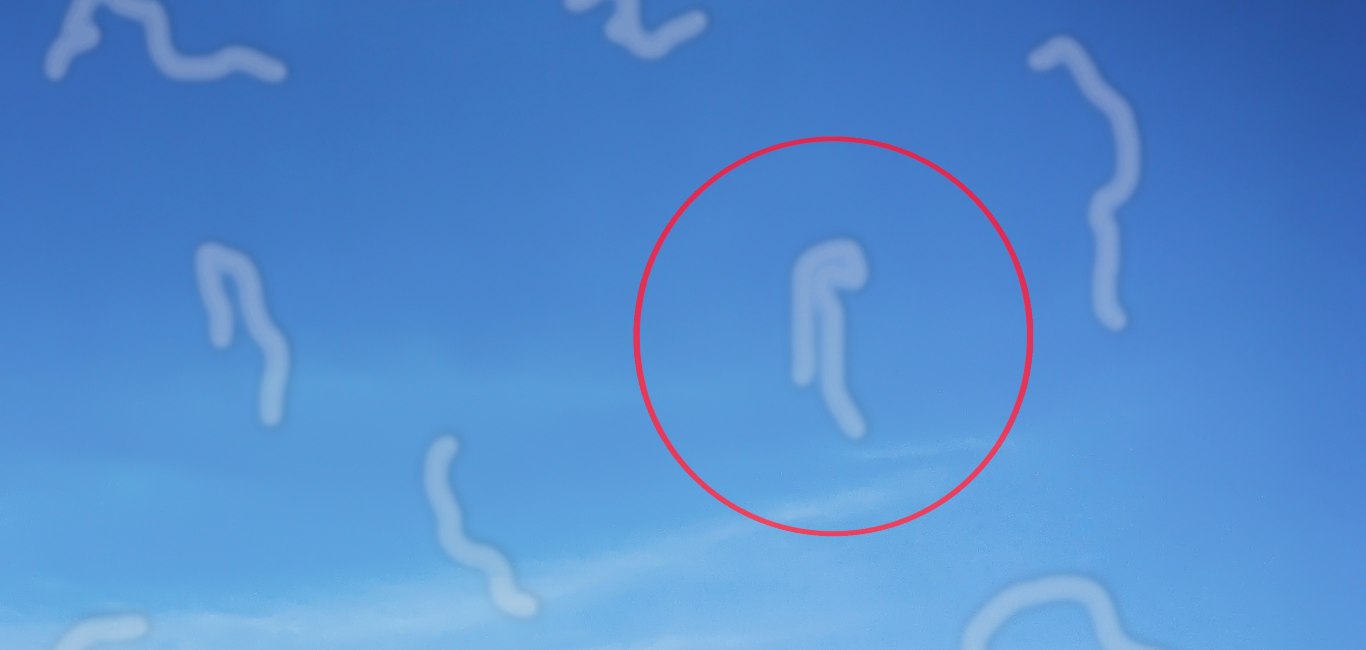
Professor Yamini Bhushan Tripathi from Banaras Hindu University, Varanasi, Uttar Pradesh, conducted a retrospective observational study to determine the usefulness of Isotine eye drops.
Isotine eye drops, that contains herbal ingredients, was formulated by Dr Mahender Singh Basu in 1978, founder of Dr Basu eye hospital, Bareilly, Uttar Pradesh. It has been clinically used for more than three decades. “Our mission has always been to provide advanced medicinal research to benefit the maximum number of people,” Dr Basu says in a statement.
Earlier, a 2016 study on Isotine had shown that it can be used to manage short-sightedness, long-sightedness, and cataract-induced vision impairment.
The study by Prof Tripathi which was done for two years involved 308 individuals with uncorrected distance visual acuity (UDVA) and uncorrected near visual acuity (UNVA) due to cataracts (visual acuity is clarity or sharpness of vision). It showed that the eye drops helped in reversing the cataract-induced vision impairment.
The individuals were divided into four groups based on visual acuity as mild, moderate, severe, and blindness.
The testing of eye drops was done at IIT-Bombay and was proved to be safe. “Isotine herbal eye drops may be an effective treatment for cataract-induced vision impairment,” says Prof Tripathi in a statement.
The study showed that the use of Isotine eye drops for three months helped in restoring vision of those with mild vision impairment due to cataract. Whereas, in those with severe vision impairment, they were able to improve vision to some extent. It also helps in reducing the use of power glasses by improving eyesight.
It further states that Isotine reduces the cloudiness of lens, promotes the growth of lens, improves the sensitivity of retina through its antioxidant and anti-inflammatory properties and protease activation potentials (the ability of Isotine to activate protease – an enzyme that breaks down proteins). “According to modern medicine, there are many compounds found in these plants. It should be validated by further research,” adds Dr Remya Krishnan, ayurveda expert from Bengaluru.
According to WHO, globally 2.2 billion people have vision impairment due to various conditions including glaucoma, diabetic retinopathy, and refractive error. Moreover, 94 million people have vision impairment due to cataracts. Degenerative changes in the eye due to ageing and cataract lead to gradual vision loss.
List of plant-based ingredients used in the eye drops
| Common name | Botanical name | Sanskrit or ayurvedic name |
| Flame of the forest | Butea monosperma | Palasha |
| Prickly chaff | Achyranthus aspera | Apamarg |
| Hogweed | Boerrhavin diffusa | Punarnava |
“Palasha, Apamarg, and Punarnava possess antioxidant and anti-inflammatory properties. These ingredients protect the eyes from free radical damage,” says Dr Krishnan.
List of minerals used for the preparation
| Common name | Sanskrit or ayurvedic name |
| Zinc | Yashad Bhashm |
| Borax | Shudh Tankan Bhashm |
| Alum | Shudh Fitkari Bhashm |
| Copper sulphate | Shudh Tutth Bhashm |
The study shows that these minerals play a role in maintaining the mechanism involved in lens growth or regeneration.
The essence of pudina (Mentha pipreta) and benzalkonium chloride as preservatives are also present in the formulation.
“The positive results of this study validate our commitment to this mission and the efficacy of ayurveda in treating eye conditions,” says Dr Basu in a statement.
Note: Cataracts cannot be reversed without surgery. However, Isotine eyedrops help to manage early-stage or immature cataracts.

















